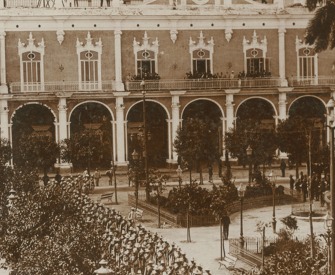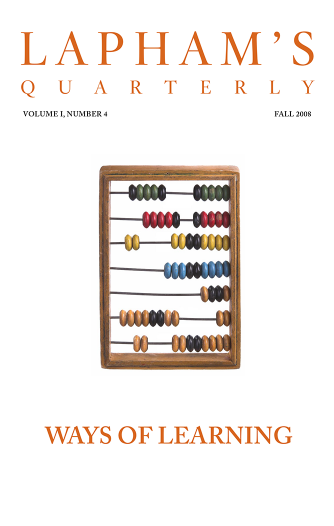The problem of revolution and education can be viewed from the theoretical and practical point of view. There can be no revolution without education, because a revolution means profound changes in the life of a country. The first problem for the revolution concerns the fight and defeat of the old ideas and traditions and prejudices. The revolutionary ideas must make headway and become understood by the people. Previously, there were many topics that could not be discussed. Certain concepts had acquired the character of a dogma that could not be questioned.
The revolution questioned all these dogmas and conventional truths that we would better call lies. The revolution started with a revision of all these lies. Any citizen may compare what he knew before January 1959 with what he knows now. He will have to admit to having learned much during the last two years—above all, because of the speed involved in the learning process during a revolution. We who have had the responsibility for the revolutionary process would also have to admit that we have learned very much.
When we started the armed fight, virtually none of us had any knowledge. We have learned much from experience. Our experience today, after having solved many problems, is very much greater than it was at the start, but we had goodwill and sincerely wished to comply with our duty. On the other hand, there is no university career specializing in government, because government is such a difficult and complete matter. Many times the government in our country was in the hands of people who did not lack education but integrity—unscrupulous politicians who controlled the government and who did not know the problems and did not want to solve them. At least we had the intention of solving these problems in the hope that we would gain experience in the process.
We have tried to enrich the people’s experience with our own, and we have learned from the people. We have learned much more from the people than we have taught to them. We have learned much merely by talking to physicians, teachers, workers, and farmers in respect to the apprehensions, wishes, and aspirations of the people.
The masses of the people have acquired political knowledge that they did not have prior to the revolution. The people were very ignorant of international problems. We got our information only from North American news agencies and North American magazines and books. Our newspapers were at the service of North American interests.
Prior to the revolution, the worker was told to believe; he had no access to books. The revolution tells the people “read,” because this is the road of the truth. The poor people in the rural areas had not the slightest chance of an education. The children of worker families in rural areas could not attend secondary schools. The workers of all Cuban towns could not send their sons to college. Many professionals who were educated at the university have left their profession to go into other fields. The revolution has wanted to give primary schools to all parts of the country. Most of the teachers came from the towns. Normal schools were in the main towns. The students of these schools were town people. People from the working or middle class of the towns studied at the teachers college. There were not enough teachers for the mountain areas. We asked for volunteers to teach in the mountain areas and had several thousand applicants whom we tested in the mountain ranges. Then we decided to establish teachers colleges in the mountain area. Normal school students will not need to ask their families for support. Any son of a worker or a farmer can be a teacher. The government gives him a scholarship and his expense.
At the same time, we have undertaken a university reform that will make our universities the best in the hemisphere. We have already more than a thousand scholarship students, and lodging facilities in Havana alone for 3,500 scholarship students. Any Cuban who has the vocation and ability can undertake a university career.
From “Education and Revolution.” In early 1959 pro-American dictator Fulgencio Batista fled Cuba in the wake of decisive victories by Castro’s revolutionary forces. Castro then forced American interests off the island, redistributed confiscated farmland to more than two hundred thousand peasants, and executed as many as five hundred Batista officials by the end of the year. In response to American criticisms, Castro estimated that his forces had taken the lives of “about one assassin for every thousand men, women, and children assassinated in Hiroshima and Nagasaki.”
Back to Issue


